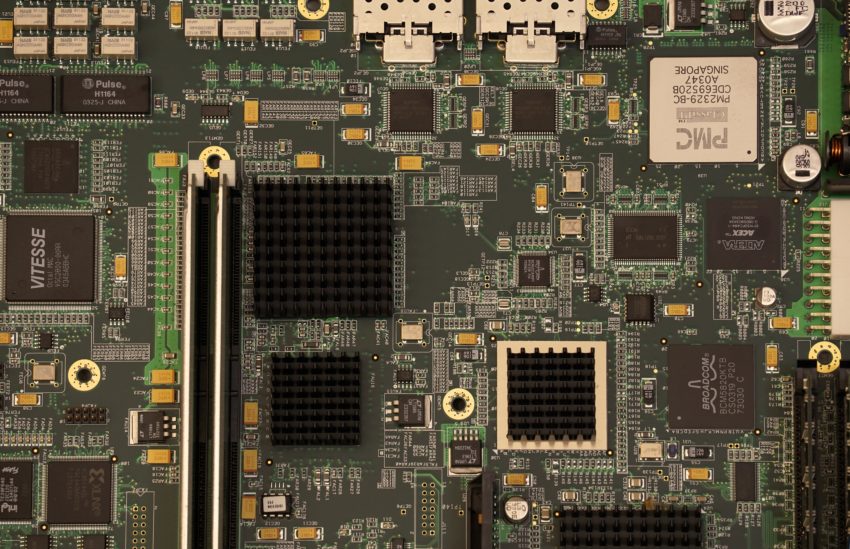Last week I had to help cover another midwife’s work and, as seems to be depressingly usual for me, I screwed something up. Something clerical not clinical thankfully and I was informed about it in a cheerful way by one of the ward clerks.
“She’s angry because you sent the letter to her old GP – I explained we have a lot of different IT systems and they aren’t all up-to-date.” She sounded as if it was as reasonable to expect the hospitals to keep IT systems up-to-date as to expect your grandmother to keep up-to-date with recent German electro-industrial dance music.
I had written to her GP (well actually her old GP as it turns out) about her care using a particular type of software that is used for keeping track of patients with diabetes (as she had developed gestational diabetes – which is probably a far more interesting and possibly even less depressing topic for a blog post than healthcare IT, but I‘m sticking to discussing ones and zeros for some reason). And how did the woman’s information get on to this system? Someone typed it in of course. Because that system doesn’t talk to the main hospital IT database. So when we change her GP details on the main system it doesn’t magically float over to the diabetes one.
When this woman eventually gives birth (which I hopefully won’t be involved with because she blames me for the 30 minute argument she had with her GP receptionist and that’s never a good vibe to start your labour with) we will log onto a big national database to create an NHS number for her baby and then input that onto our hospital database (by printing it out and then typing it in). We will then open up a third database (well fourth if you count the diabetes one) into which we type details about her birth, which we will be copying from her handwritten notes. And I haven’t mentioned the other software which holds all her blood test results or the one that keeps all the images from scans and x-rays. And there is close to zero communication between any of these different programmes.
There would be so many benefits of having good accessible information about someone’s medical situation. I dream of a time when I can quickly see a summary of someone’s medical and obstetric history rather than plodding through a thick booklet of hand written notes. I imagine a kind sexy interface with well designed graphics but it all seems a million years off. I know this is in part because the complexity of a human being’s biology is much greater than the complexity of ordering an uber but I also have a feeling that there is a bit more money in the world of uber and also a bit more enthusiasm for IT. It doesn’t help that many people who are brilliant healthcare professionals are rubbish at engaging with computers. One of my colleagues thinks I’m a genius because I showed her the control-P shortcut to print.
At least fighting through the regular treacle of NHS IT does make me feel a little easier about the world ending through the intervention of superintelligent AI. From where I am standing Skynet, the terrifying network that destroys humanity in the Terminator films, is a really, really long way off.
Photo by Bartosz Kwitkowski on Unsplash
